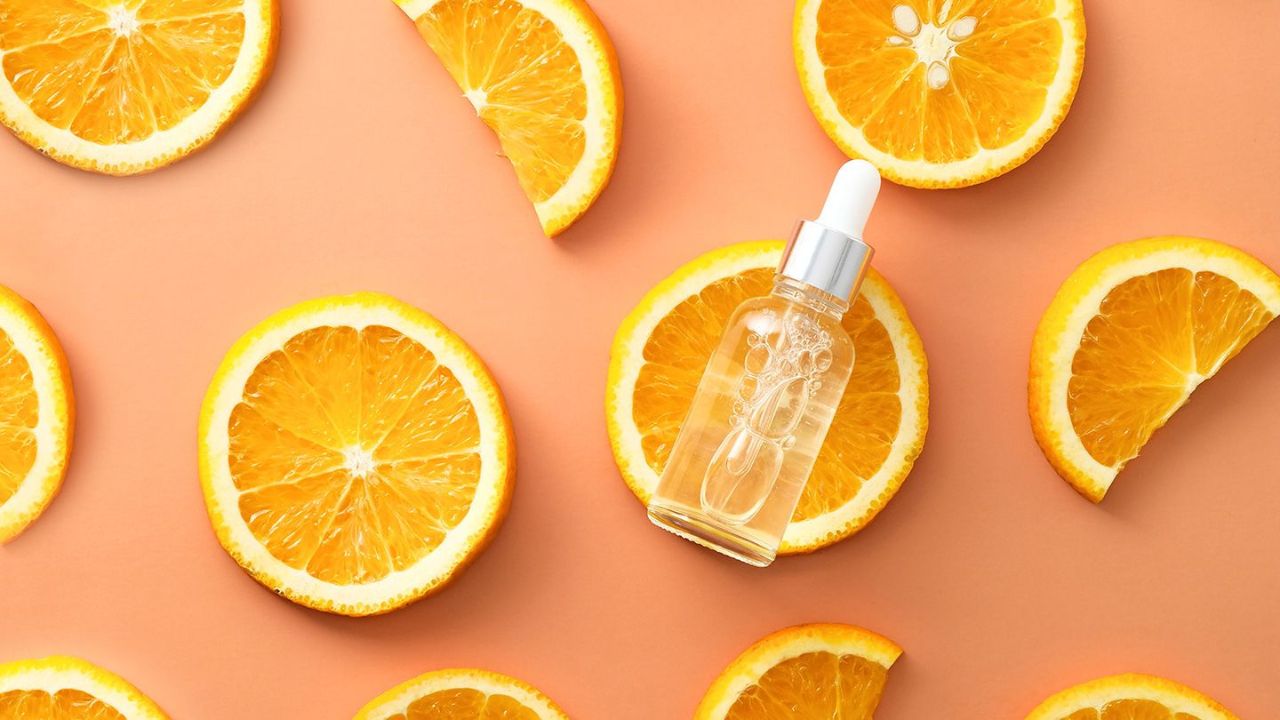CHANDIGARH
Vitamin C holds a plethora of nutrients, anti-oxidants, and properties that prevent many diseases. It is a vital component that boosts defense mechanisms, absorption of nutrients, bone health, and the health of the skin, hair, and eyes. Some individuals prefer a tangy flavour and frequently add lime juice to their food when it is boiling hot or still cooking.
People who daily consume Vitamin C in boiling water or tea or the thing that is still cooking are not good for their health.
However, there are some things that have been going in the wrong direction due to some myths, misunderstandings, or lack of information.
Yes, a dietitian advises against adding lemon juice to hot, scalding dishes.
Since vitamin C, is an essential ingredient that the system requires on a daily basis? A regular dose of vitamin C is crucial for longevity and good health since our bodies cannot store or make it.
However, it should be mentioned that vitamin C is incredibly heat-sensitive, and heat readily destroys the substance. “Due to this, anything that is still hot or cooking over a flame should never be covered in lemon juice. Unintentionally, this behavior is destroying the vitamin C in lemons, preventing you from reaping their full benefits”, the expert continued.
We frequently squeeze the lemon while the food is still cooking, especially when we are preparing dishes like curry, dal, upma, or poha, or making lemon tea.
Therefore, if you use lemon in meal preparation, be sure to keep the food off the flame and give it a moment to cool down before adding the lemon juice, advised health experts.
When added to meals, lemon, a strong source of vitamin C, aids in the absorption of iron.
But vitamin C, also known as ascorbic acid, is susceptible to both light and temperature. Vitamin C can degrade at temperatures as low as 30°C and at temperatures between 85 and 95°C, based on the amount of exposure.
Additionally water-soluble, this vitamin typically excretes in cooking water. Lemon juice can lose its nutritional content and enzymatic activity when applied to heated meals, the author warned.

 हिंदी
हिंदी






